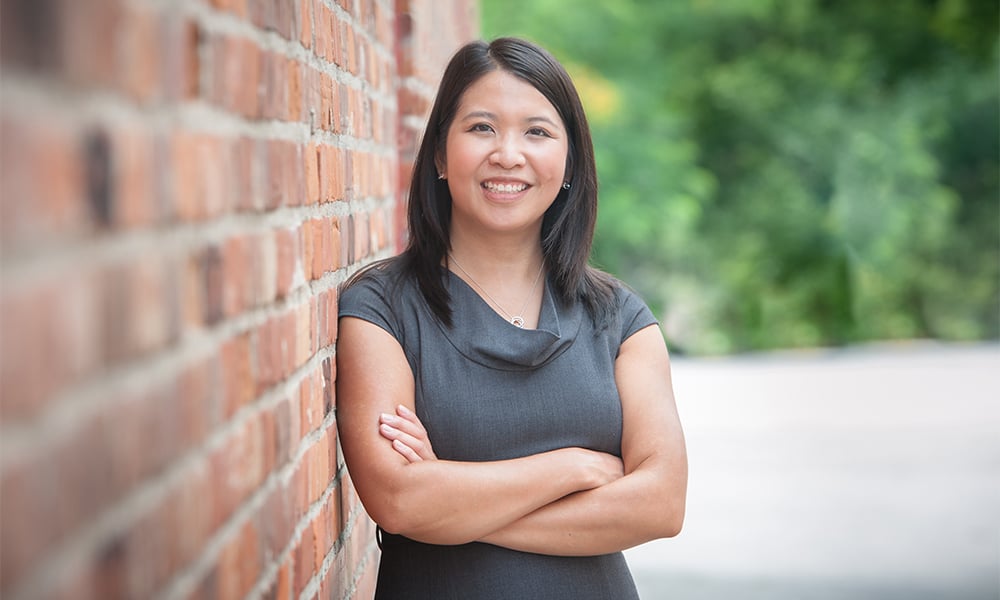‘Right now, families need more cooperation. And less litigation,’ judge says in decision

When Smith v. Sieger, 2020 ONSC 1681 came before Justice Ronald Kaufman in Newmarket, Ont. last week, he was faced with “competing affidavits” that raised issues which “would be important in normal times.”
“Unfortunately, these are not normal times,” wrote Kaufman in the decision. “The situation is changing as we speak. When this motion was served, we had open borders and they are about to be closed. Just prior to the motion, there was an earthquake in Utah that is interfering in air traffic. No one knows what tomorrow will bring.”
The motion — centring on a 16-year-old child in a Utah educational program — is one of many family law cases that are coming before the court amid efforts to contain COVID-19 infections. Legal Aid Ontario said this week that more family staff lawyers are being added to increase capacity. The Law Society of Ontario also announced on March 25 an emergency family law referral phone line “to assist people who are self-represented and trying to determine whether or not their family court matter meets the criteria to be heard by the Court on an ‘urgent’ basis.” While the Ontario Government passed a regulation Mar. 20 to automatically extend statutory timeframes during the length of the provincial state of emergency, family lawyers are still facing some short timelines for urgent cases. For example, the Ontario Court of Justice said it will “continue to adhere to the existing statutory timelines for urgent matters” listed in its COVID-19 Pandemic Planning scheduling directive. A place of safety matter in a child protection case, for instance, will still be heard within five days, the chief justice advised lawyers.
Other urgent matters (which will go forward “on a prioritized basis,”) include temporary care and custody hearings, restraining orders, status review hearings, secure treatment orders, urgent custody/access motions, Hague applications and non-Hague abduction cases and Family Responsibility and Support Arrears Enforcement Act refraining motions.
With families sheltered in place and taking other precautions, maintaining the “status quo” for separated parents — such as shared school pick-up or drop-off visits — is no longer feasible, says Vanessa Lam, who runs her own law office. Worse, lost income or tight quarters could exacerbate issues with child support or domestic violence, she says.
“It’s going to be a daily struggle to figure out how to serve the needs of our clients,” says Lam.
Many issues are raised in Kaufman’s decision — the child’s entitlement to participate in determinations, the future of the child’s schooling, the child’s passport. But the urgency of the matter was “predicated upon the impact of the Covid-19 pandemic virus and the recent announcements by Prime Minister Justin Trudeau and President Donald Trump of the imminent closure of the border shared by Canada and the United States,” wrote Kaufman.
Kaufman is far from the only judge facing new realities. In another recent family law decision in Hamilton, Ont., Justice Alex Pazaratz closes with a paragraph stating, “None of us have ever experienced anything like this.”
“Every member of this community is struggling with similar, overwhelming COVID-19 issues multiple times each day,” wrote Pazaratz in Ribeiro v Wright, 2020 ONSC 1829 “a. The disruption of our lives is anxiety producing for everyone. b. It is even more confusing for children who may have a difficult time understanding. c. In scary times, children need all of the adults in their lives to behave in a cooperative, responsible and mature manner. d. Vulnerable children need reassurance that everything is going to be ok. It’s up to the adults to provide that reassurance. e. Right now, families need more cooperation. And less litigation.”
In that case, the mother of a nine-year-old did not “want her son leaving the home for any reason – including seeing the father.” But Pazaratz declined to let the matter go forward as “urgent.” While safety is paramount, wrote Pazaratz, parents must also recognize the practical limits faced by the court system, and “work together to show flexibility, creativity and common sense,” the decision said.
Pazaratz set out the following considerations:
Another decision that has gotten attention is C.Y. v. F.R., released Mar. 20. In that case, a parent had recently returned from Brazil and did not have a formal parenting agreement. When the children fell ill, the parent treated it as a “normal” fever — with Tylenol — citing advice of family and friends in the medical profession.










